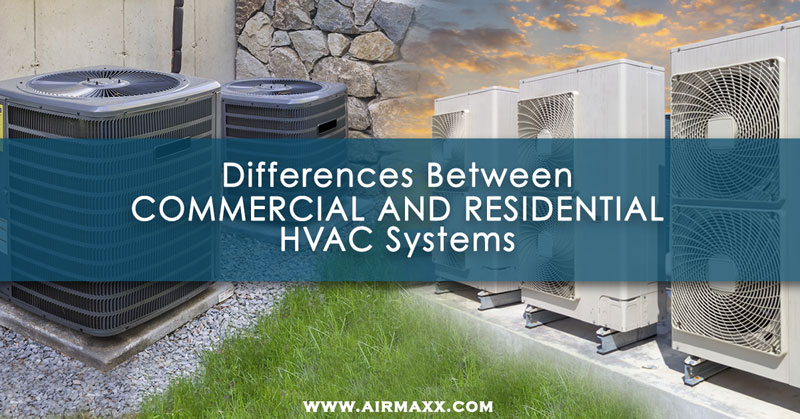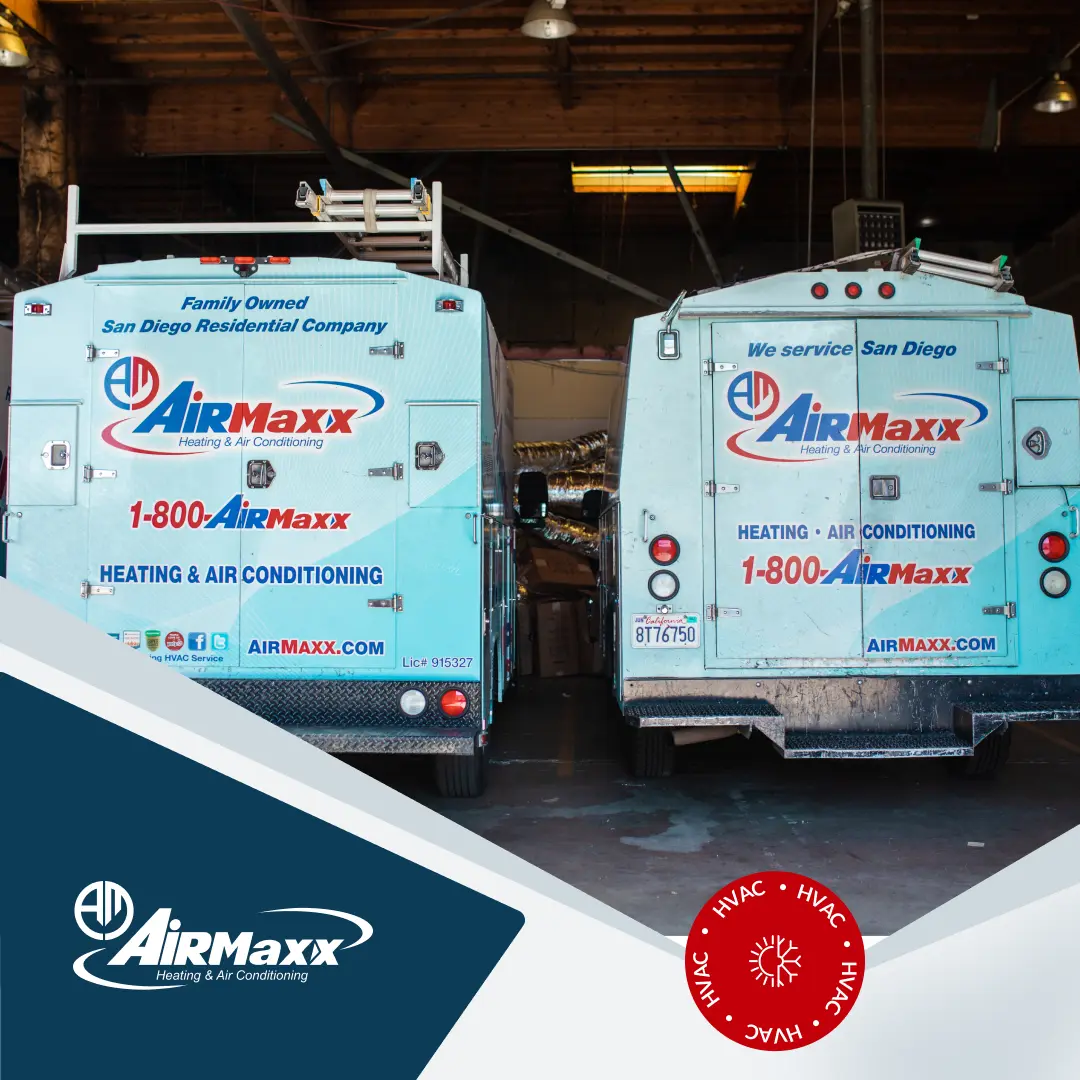Commercial and residential HVAC systems vary in size, location, and configuration. Though they perform the same functions, they do so in somewhat different ways. These differences are important to keep in mind when hiring a technician for service or repairs.
1. Size
Residential HVAC systems are relatively compact, as they don’t have to heat and cool a large area. Commercial HVAC systems vary in size, and generally cover a significant amount of square footage.
2. Packaged vs. Split Systems
Residential HVAC systems are generally split. The indoor unit houses the evaporator, blower and condensate drainage, while the outdoor unit houses the compressor, condenser and condenser fan. By contrast, commercial rooftop systems have all components packaged in a singular cabinet. The cabinet connects to the outside ventilation system, while only the zone dampers and ducts are housed inside.
3. Drainage Systems
The drainage system is more complex on a commercial HVAC unit, because it handles a larger space. Residential units only house a single condensation pan, which usually drains to the outside.
4. Location
Residential HVAC units are located on the ground, while commercial units are most often located on the roof, with some located in swamp coolers. The rooftop location of commercial units allows these units to take up a significant amount of space without encroaching upon the daily functions of the commercial space. It also allows technicians to work on the units without disturbing those inside the building, as well as helping to prevent vandalism and theft.
5. Modular vs. Standalone
Residential HVAC systems are standalone, so if one unit fails, the entire system needs to be replaced. It’s also necessary to replace the entire unit if you need significantly more heating or cooling. Commercial systems come in modules that can be added on to as necessary. This allows greater flexibility and the ability to make significant changes to the output. The modules also make it easier to put together these large systems as well as to take them apart.
6. Ventilation
Windows are used in residential units for ventilation. Commercial units don’t have these windows and use other components to handle the exhaust functions.
If your HVAC system needs service or repair, be sure to contact a company that has ample experience with your type of system, whether commercial or residential. Hiring a technician who understands your HVAC system can help ensure that your service is performed properly.



